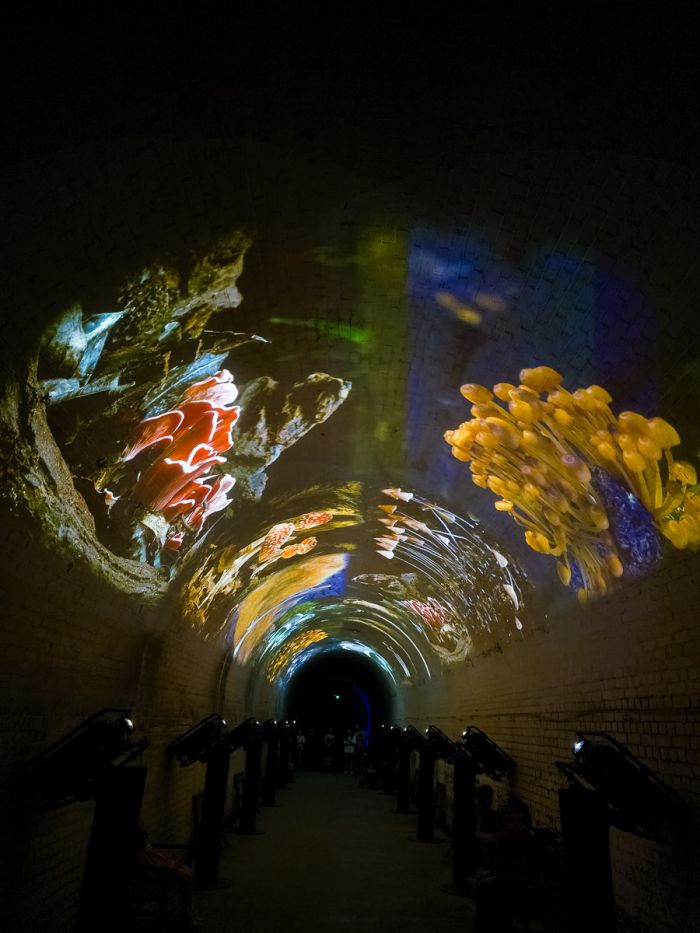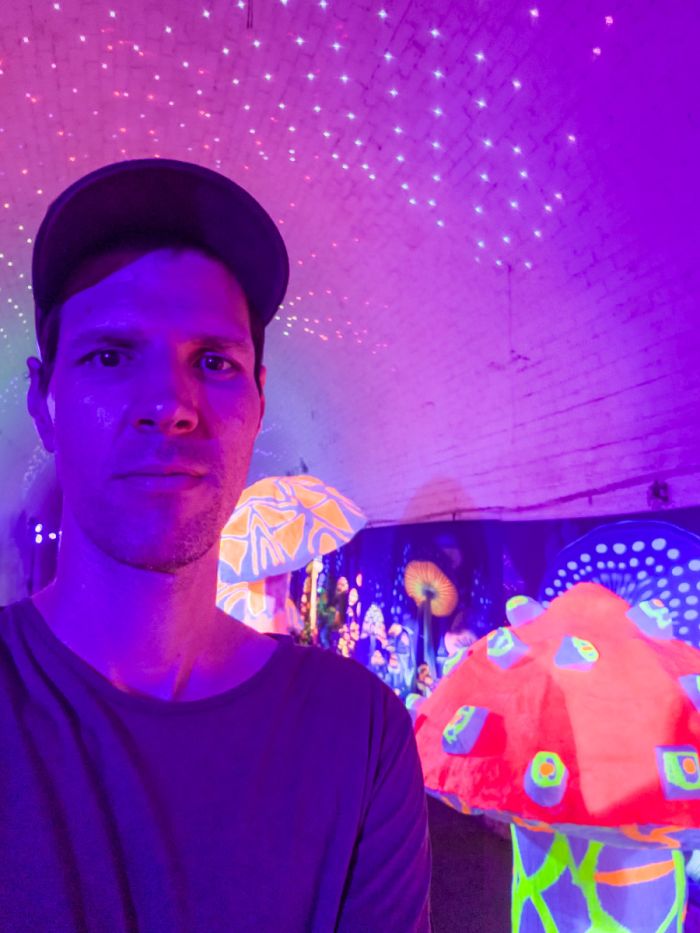Spring 2023, Summer 2024 Playlist
In the final week of Spring I was putting the finishing touches into the musical playlist that I intended to embed memories of the past months in. Spring 2023 had been pleasant, as best as I can recall it now. The fading glow of Giunio 23 had carried me through Winter. My work/life balance was correcting itself. My body parts were coming together with enough cohesion that I was even able to complete a mini, late-30s equivalent of Bulktember. A more age appropriate approach. Rehab repetitions prioritised over moving weight. Balancing pain signals with progression. I suffered only moderate lower back pain.
By the end of November, despite a recurrence of my dodgy, left shoulder I was moving well, energised by technology and the future. There was bacon in the Barossa, panini on lunch breaks, lamb roasts in the slow cooker, burgers before basketball games. Lots of coffee. Flowers were blooming, the outdoors was calling, and by mid November my index finger had some blood back in it.
Life was not perfect, but I was enjoying it. It felt like, as spring turned to summer around me that in my life too would bloom into sunshine and blue skies and a semblance of control.
Alas, storm clouds approached, as spring will do. Literally, initially, as late November rain pummelled the house and got into the gym literally hours before we were to set off on a cross country road trip.
December from start to finish was problematic. The road trip that was supposed to be a break was plagued by injury, weather, snakes (actually those were cool) and actual plague. Driving long distances in the rain just to isolate in cheap motel rooms was not fun. It was becoming apparent that my wrist injury was not minor, and the Napoleon movie totally lacked historical accuracy and nuance. In fact, I was craving a return to home life and work routine by the end, knowing fate would choose that moment to at least clear out my sinuses. We returned to a mouldy, ruined gym, more rain, a sad puppy and a whole train of minor inconveniences. The final two work weeks of the year did bring some sense of normality back, and then I got covid and missed out on Christmas. By the time it was 2024 I was exhausted. And I'd felt comfortable enough with where my feelings were to share my Spring playlist that just served to remind me of happier times.
Time never stops though. And through all of this, and the continued wrist pain, insurance drama, back pain, life stress, and shoulder pain it did feel like I've done this all before. It did feel that all I had to do was keep getting through work days, keep doing rehab morning, lunchtime and night, keep going to the beach at the end of hot days, keep making phone calls, keep taking the dog for a walk and mowing the lawn after limbering up that things wouldn't necessarily get better, but they might average out. I listened to the Spring playlist a lot, and of course new music and so I added to it already aware that I was now making a Spring/Summer double album playlist. In some ways it made sense, under the influence of the narrative fallacy: Spring was a rise and fall, summer would be a fall and rise. The perfect sine wave. With gym repairs scheduled and two weddings at the end of February to look forward to it seemed appropriate that by the end of summer I'd feel balanced and I'd have a second collection of songs.
Well, it worked to an extent. My wrist still hurts most days but not that much. I have no idea if the next storm will flood some part of my house. Jobs still cause stress. But I have a Spring/Summer playlist. And I know that I will listen to it for years to come sometimes when things are going bad and sometimes when things are going well and sometimes when some things are bad and other things are good. This is life. I am accepting it. Because I can't change it. Seasons will continue to come one by one and I'll relish posting a mixtape for each one for as long as I can.
Memories of:
Driving down South Road in sunshine. Lifting light weights in the gym. Driving to a bonfire. Books about Mars, and Nipples. Taking coffee breaks in the backyard on WFH mornings. Being in the groove in front of VS Studio while looking out over the Adelaide hills. More hours on my back on the rubber mats on the floor. Long stretches of country roads. FLOWERS BLOOMING. Feeling sad. Being in the groove in front of CS Studio with the air conditioner on and the curtains drawn. The same walks around Croydon. Memories of Paris. Passionfruit. Trying to hold a plank.
If you like Bradism, you'll probably enjoy my stories. You can click a cover below and support me by buying one of my books from Amazon.

If you met yourself from the future, what would you ask your future self?
What if they wont tell you anything?












